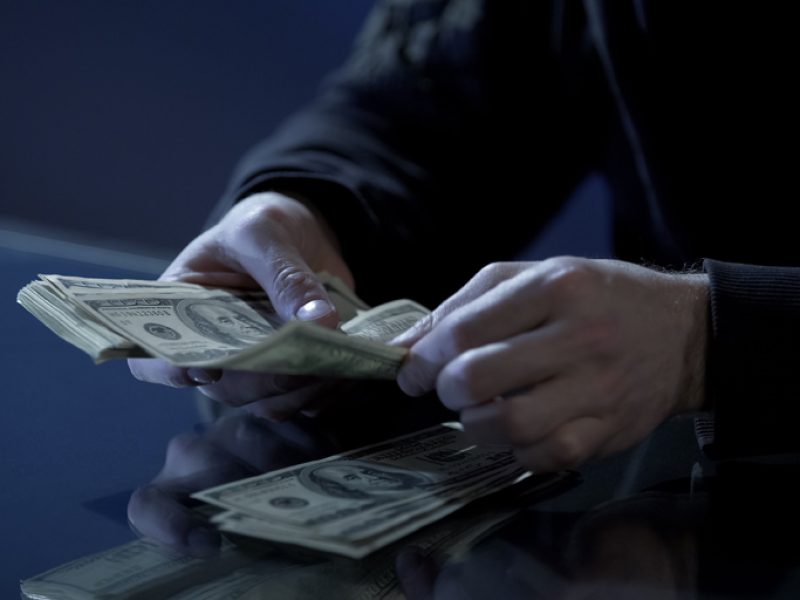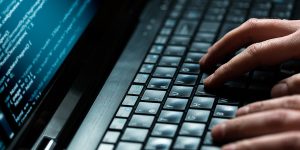COVID-19 dealt a devastating blow to small businesses around the country as many states and cities forced closures in mid-March. Suddenly, doors were locked, open signs were flipped to closed, and former workers and small business owners began sheltering in place. To help ease the burden of waiting out the pandemic, Congress passed the $2 trillion CARES Act. (You know what that means: Entrepreneurial fraudsters are lined up to collect their cut of the $349 billion in stimulus payments set aside for small businesses.)
The U.S. Attorney’s Offices of the Northern and Southern Districts of West Virginia, along with the Federal Bureau of Investigation, and the U.S. Small Business Administration recently issued a warning to small businesses to be aware of scammers aiming to steal federal aid intended for entrepreneurs struggling during the COVID-19 pandemic. (Fraudsters never miss an opportunity to target those who are most vulnerable.)
Here are a few things to consider:
- Look out for phishing attacks and scams using the U.S. Small Business Administration (SBA) logo. (These attempts are going after your personally identifiable information (PII), access to personal bank accounts, or installing ransomware or malware on your computer.)
- The SBA does not reach out to initiate a loan or ask for information previously provided in the application process. (If anyone asks you for money, run far away.)
- If you receive an email that appears to come from the SBA, check that the address it comes from ends in a “.gov”.
- If you have any doubts, reach out to your nearest SBA office to clarify.
- Report fraud, waste, abuse, mismanagement, or misconduct involving SBA programs to the SBA OIG hotline by calling (800) 767-0385 or online.
- To report suspicious activity regarding the COVID-19 virus, call the National Center for Disaster Fraud Hotline by calling (866) 720-5721 or online.
Small business owners can be assured that U.S. Attorneys and law enforcement partners are on the lookout for predators that intend to pocket the economic stimulus payments for themselves. To read more about the possible scams and fraud schemes that are common, the SBA has compiled a list here.
Today’s Fraud of the Day comes from an article, “Feds warn small businesses of potential coronavirus SBA loan fraud,” published by Fox News on May 3, 2020.
Federal officials on Friday warned small businesses to be alert for scammers looking to take advantage of federal aid for entrepreneurs struggling during the coronavirus pandemic.
The $2 trillion CARES act, passed by Congress in March, set aside $349 billion worth of loans for small businesses.




